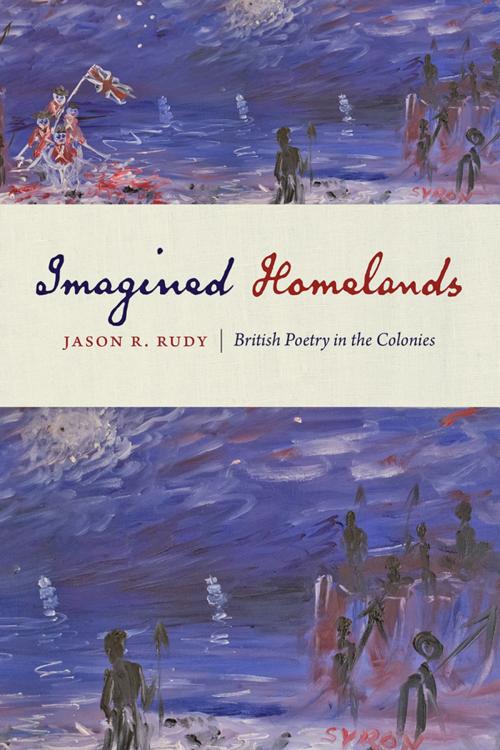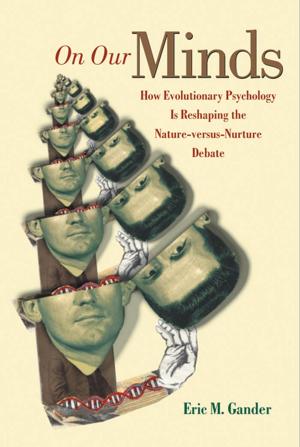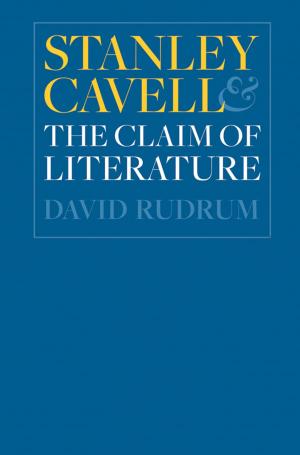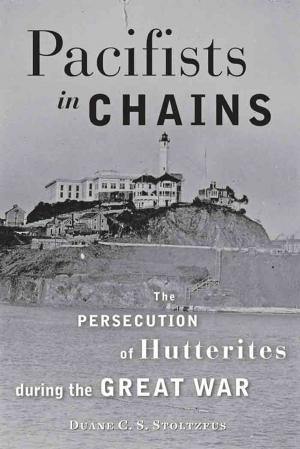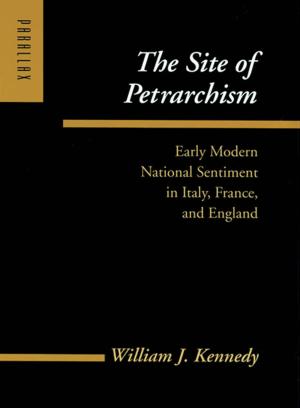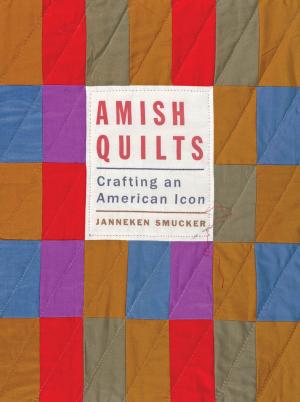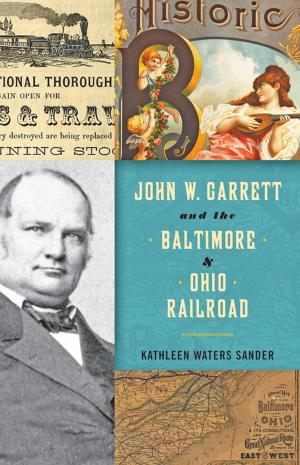Imagined Homelands
British Poetry in the Colonies
Fiction & Literature, Literary Theory & Criticism, British, Theory| Author: | Jason R. Rudy | ISBN: | 9781421423937 |
| Publisher: | Johns Hopkins University Press | Publication: | December 15, 2017 |
| Imprint: | Language: | English |
| Author: | Jason R. Rudy |
| ISBN: | 9781421423937 |
| Publisher: | Johns Hopkins University Press |
| Publication: | December 15, 2017 |
| Imprint: | |
| Language: | English |
Imagined Homelands chronicles the emerging cultures of nineteenth-century British settler colonialism, focusing on poetry as a genre especially equipped to reflect colonial experience. Jason Rudy argues that the poetry of Victorian-era Australia, New Zealand, South Africa, and Canada—often disparaged as derivative and uncouth—should instead be seen as vitally engaged in the social and political work of settlement. The book illuminates cultural pressures that accompanied the unprecedented growth of British emigration across the nineteenth century. It also explores the role of poetry as a mediator between familiar British ideals and new colonial paradigms within emerging literary markets from Sydney and Melbourne to Cape Town and Halifax.
Rudy focuses on the work of poets both canonical—including Tennyson, Browning, Longfellow, and Hemans—and relatively obscure, from Adam Lindsay Gordon, Susanna Moodie, and Thomas Pringle to Henry Kendall and Alexander McLachlan. He examines in particular the nostalgic relations between home and abroad, core and periphery, whereby British emigrants used both original compositions and canonical British works to imagine connections between their colonial experiences and the lives they left behind in Europe.
Drawing on archival work from four continents, Imagined Homelands insists on a wider geographic frame for nineteenth-century British literature. From lyrics printed in newspapers aboard emigrant ships heading to Australia and South Africa, to ballads circulating in New Zealand and Canadian colonial journals, poetry was a vibrant component of emigrant life. In tracing the histories of these poems and the poets who wrote them, this book provides an alternate account of nineteenth-century British poetry and, more broadly, of settler colonial culture.
Imagined Homelands chronicles the emerging cultures of nineteenth-century British settler colonialism, focusing on poetry as a genre especially equipped to reflect colonial experience. Jason Rudy argues that the poetry of Victorian-era Australia, New Zealand, South Africa, and Canada—often disparaged as derivative and uncouth—should instead be seen as vitally engaged in the social and political work of settlement. The book illuminates cultural pressures that accompanied the unprecedented growth of British emigration across the nineteenth century. It also explores the role of poetry as a mediator between familiar British ideals and new colonial paradigms within emerging literary markets from Sydney and Melbourne to Cape Town and Halifax.
Rudy focuses on the work of poets both canonical—including Tennyson, Browning, Longfellow, and Hemans—and relatively obscure, from Adam Lindsay Gordon, Susanna Moodie, and Thomas Pringle to Henry Kendall and Alexander McLachlan. He examines in particular the nostalgic relations between home and abroad, core and periphery, whereby British emigrants used both original compositions and canonical British works to imagine connections between their colonial experiences and the lives they left behind in Europe.
Drawing on archival work from four continents, Imagined Homelands insists on a wider geographic frame for nineteenth-century British literature. From lyrics printed in newspapers aboard emigrant ships heading to Australia and South Africa, to ballads circulating in New Zealand and Canadian colonial journals, poetry was a vibrant component of emigrant life. In tracing the histories of these poems and the poets who wrote them, this book provides an alternate account of nineteenth-century British poetry and, more broadly, of settler colonial culture.
